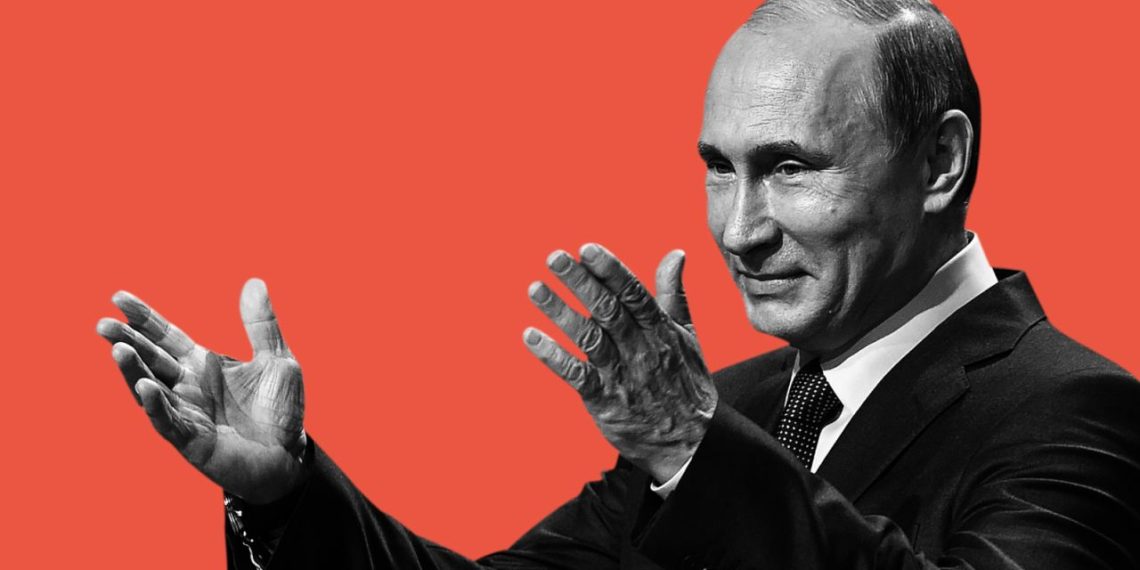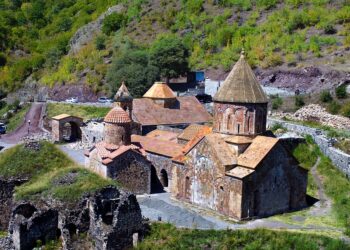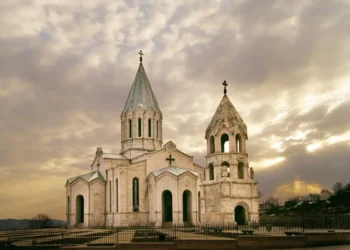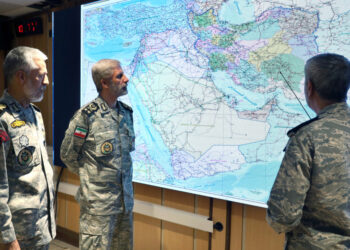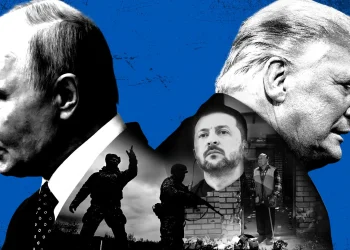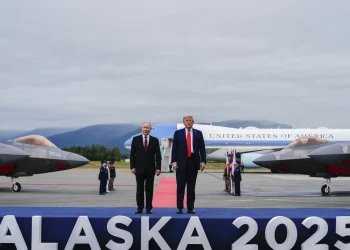MOSCOW (Realist English). The specificity of the Russian elite is defined by the nature of its origins: it grew out of the Soviet system. The Soviet elite was essentially a collection of state officials, and it could not have been anything else. In a country where everything belonged to the state, no other form of elite could exist. Yet, the Soviet elite was dissatisfied with its position: it controlled the country but lacked the ability to pass it on to its children as inheritance. Concern for their children’s future led members of this elite to initiate the introduction of a market economy in order to privatize power through its mechanisms. In essence, this became the true content of perestroika.
However, in Russia this mechanism did not work. Here, it is impossible to “share” power — it can only be transferred in its entirety. Power is sacred, and therefore indivisible. The very existence of a market economy undermined the foundations of Soviet authority, and in the end the Soviet Union collapsed. President Boris Yeltsin did not trust the state apparatus, believing that it sought to restore the USSR. For that reason, he launched a rapid privatization of the country’s most attractive state assets, creating a support base in big business. Since businessmen at the time were effectively “appointed,” their activities could easily have fallen under the control of the bureaucracy. But Yeltsin did not allow that to happen.
The result was a specific configuration of the elite: at the center — the president; surrounding him — big business (the so-called “seven bankers”); and on the periphery — the state apparatus. In this system, nothing restrained business, and therefore nothing limited its selfishness. Big capital went to extremes, and the country rapidly plunged into chaos. This order satisfied no one. Hence, the new president had little difficulty in sidelining the oligarchs, making them equally distant from power. He did not fear the apparatus, understanding that it did not wish to return to the USSR. With “appointed” business under control, the bureaucracy regained its authority.
The elite’s configuration then changed: at the center — the president and his closest allies; next — the state apparatus; and on the periphery — business. This system proved effective and matched the structure of the Russian economy. Yet it did not solve the main problem — the succession of power. The bet was placed on state corporations. A new configuration emerged: at the center — the president and his inner circle; surrounding them — the heads of state corporations and top state institutions; and on the periphery — lower-level officials and business. This structure remains in place today.
However, a new factor has appeared in the elite system — veterans of the Special Military Operation. Accustomed to making unconventional decisions, they are likely to act the same way in government. But there they will encounter a different order: decisions are taken according to established procedures, and stepping outside this algorithm eliminates influence over the process. At the same time, within the procedure itself, it is almost impossible to bring about fundamental change. It is into this institutional trap that the veterans are likely to fall.
The principal specificity of the Russian elite is that it is a state elite — it functions and thinks within the logic of the state apparatus, and it cannot be anything else.
Dmitry Zhuravlev — Academic Director of the Institute of Regional Problems, exclusively for Realist English


